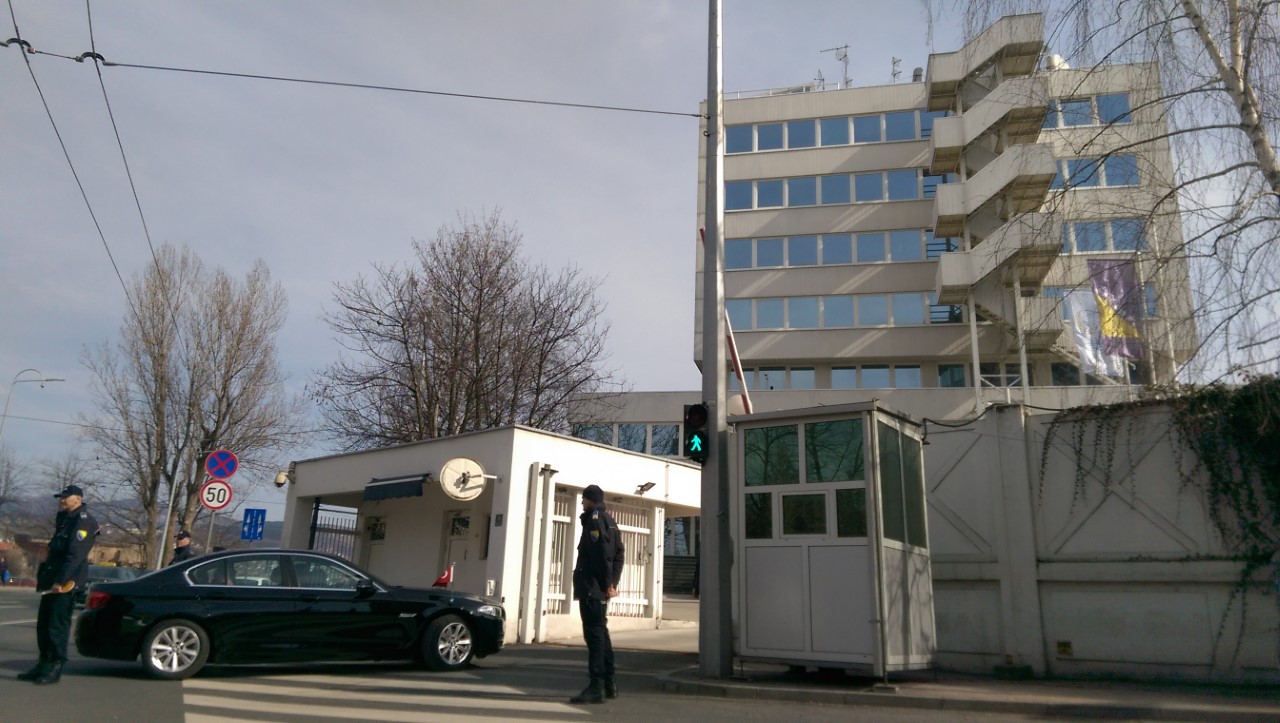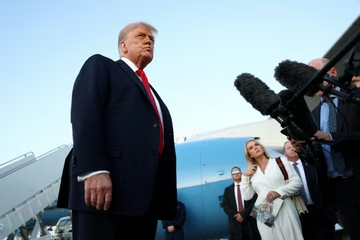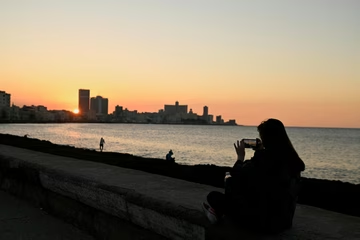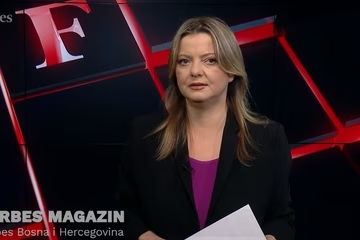Foreign diplomats: Proposed Bosnian Serb law undermines democracy

The Embassies of the US, UK, Germany, and Bosnia’s top international official overseeing the peace agreement that ended Bosnia’s war expressed concern on Thursday over proposed changes to the law in Bosnia’s Serb-majority part of the country which, if adopted, would entail fines or jail time for anyone recording and taking photos of police officers on duty.
Oglas
According to the changes, persons who “by unauthorised photographing or recording disturb public officials while they are executing their duty” in Republika Srpska (RS), one of the two semi-autonomous entities within the country, would either have to pay a fine ranging from 500 to 1,500 BAM, or will have to spend 60 days behind bars.
The RS Government adopted a draft of changes to the RS Law on Public Peace and Order and forwarded them to the RS National Assembly for adoption.
“Legislative changes that empower authorities to censor individuals, groups, or the media, or that criminalize the free exercise of official duty, only serve to undermine democracy,” the embassies and the Office of the High Representative (OHR), the foreign diplomat tasked by the international community to oversee the implementation of the 1995 Dayton Peace Agreement, said about the changes.
The embassies and the OHR urged political leaders to “implement reforms that move BiH toward European standards and democratic norms.”
“Instead, the Embassies of the United States, Germany, the UK, and the Office of the High Representative see recent rhetoric and initiatives in the Republika Srpska (RS) as moving away from these standards, despite the government’s stated commitment to European integration,” the statement said.
“Freedom of expression, peaceful assembly, and freedom of the media are fundamental elements of a healthy, functional democracy, and are essential to holding governments and leaders accountable,” it said, adding that “opposition voices, civil society organizations, media outlets, and peaceful protests” should not be perceived as security threats.
“The drafts place unnecessary restrictions on public gatherings and limit the media’s ability to report on important events; they also carry excessively harsh penalties for non-compliance. We call on all levels of government in BiH to uphold and respect the obligations they undertook by signing onto specific EU and UN international conventions on human rights,” it said.
If the changes are not brought “in line with international standards and best practices” it could be used to “inappropriately limit basic freedoms,” according to the embassies and the OHR.
The statement came after the EU Delegation in Bosnia also expressed concern about the draft amendments as well.
Kakvo je tvoje mišljenje o ovome?
Učestvuj u diskusiji ili pročitaj komentare
Oglas
Kakvo je tvoje mišljenje o ovome?
Učestvuj u diskusiji ili pročitaj komentare
Oglas





 Srbija
Srbija
 Hrvatska
Hrvatska
 Slovenija
Slovenija


























































